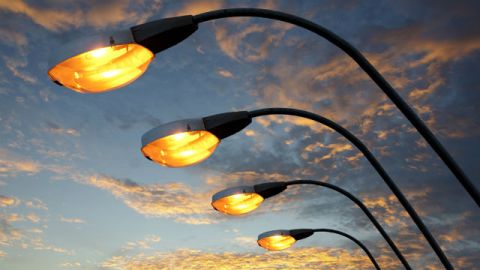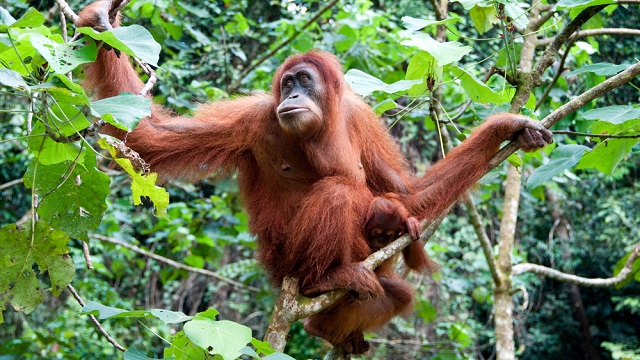Let There Be Dark

Paul Bogard’s new book, The End of Night: Searching for Darkness in an Age of Artificial Light, is a discussion of life after the light bulb. The change away from having to experience darkness, which we take for granted, is arguably one of the greatest disruptions of the natural order in the whole modern human experience.
In a recent interview with Jeff Schechtman on his podcast, Specific Gravity, Jeff Schechtman discussed the significance with Bogard.
Besides for the sheer novelty, on an evolutionary scale, of forgoing daily periods of darkness, there are profound medical ramifications to our new lifestyle. Says Bogard: “researchers equate what is happening [in terms of the pervasiveness of light] as an enormous ongoing experiment on ourselves.”
“Sleep disorders,” he goes on” are now tied to every major disease.”
Indeed, working night shifts is now listed by the WHO as a probable carcinogen.
Consider, in terms of the enormity of the scale at which we light our world, just that, the world: Everyone is familiar with iconic images of the earth at night, lit along population centers and positively bright in cities. (Bogard conjectures that the Luxor Casino on the Las Vegas Strip is the brightest pixel in those photos)
There is also the issue of the profound ecological impact of light pollution. Bogard notes that 60 percent of all invertebrates and 30 percent of all vertebrates are nocturnal. The effects of shining artificial lights into animal habitats truly justifies the phrase “light pollution.”
Schechtman is careful to ask, and Bogard is careful to note, that none of this makes the invention of artificial light anything less than a light bulb idea. He simply wants us all to ask: “Do I recognize the value of darkness for myself?”
Listen to the interview here:
Click here to listen on your iphone or ipad
Image courtesy of Shutterstock





